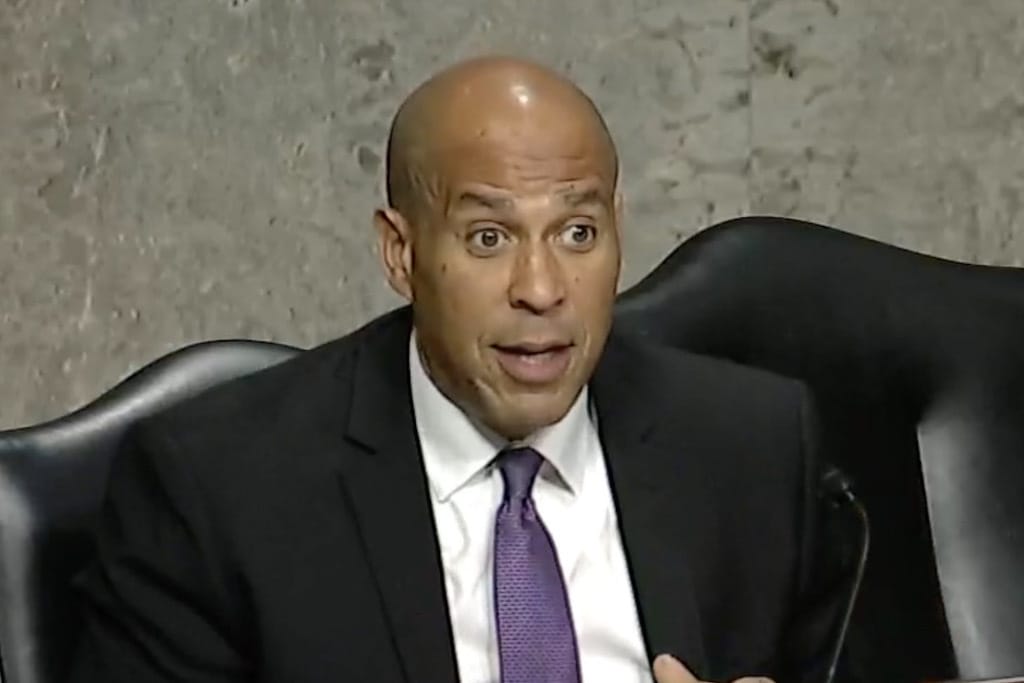Senators Join CFTB’s Chairman in Calling for Crypto Regulation in Light of FTX Implosion
CFTC Chairman Rostin Behnam called on Congress to institute robust disclosure regimes and barriers against conflicts of interest.

WASHINGTON, December 1, 2022 – The swift collapse of crypto exchange FTX is fortifying the public resolve of federal legislators and regulators to expand the executive branch’s power in digital asset markets, a Senate committee heard Thursday.
Rostin Behnam, chairman of the Commodity Futures Trading Commission, told the Senate Agriculture, Nutrition, and Forestry committee his agency needs further statutory authority to protect consumers from harms in the digital assets space. The continued solvency of LedgerX, the only FTX affiliate subject to CFTC scrutiny, testifies to the efficacy of regulatory oversight, Behnam argued.
To prevent the recurrence of debacles like the FTX crash, Behnam called on Congress to institute a robust disclosure regime as well as barriers against conflicts of interest. Committee members denounced FTX’s failures and mirrored Behnam’s calls for congressional action.
A bill to further regulate digital asset markets has already been introduced, and continued revelations of FTX’s extensive mismanagement highlight its importance, supporters say.
Committee Chairwoman Debbie Stabenow, D-Mich., and Ranking Member John Boozman, R-Ark., in August sponsored the Digital Commodities Consumer Protection Act, which, in addition to enacting transparency and conflict-of-interest provisions, would require digital commodity platforms to register with the CFTC, crack down on allegedly abusive trading practices, and set cybersecurity standards.
“To be clear: there currently is no federal market regulation of spot crypto assets that are not securities. These include Bitcoin and Ether, the two most heavily traded crypto assets,” Stabenow said in prepared opening comments. “The Digital Commodities Consumer Protection Act does exactly that,” she added.
A spokesperson for Stabenow on Thursday told Broadband Breakfast there is not yet “a firm timeline” for the DCCPA’s passage.
“Millions of Americans have been scammed by this colossal FTX failure,” said Sen. Cory Booker, D-NJ, a co-sponsor of the DCCPA. “Their exposure has lost a lot of folks their resources, and for some people, their hopes and dreams and security.”
One senator, Kansas Republican Rodger Marshall, suggested instituting a “pause” on digital asset exchanges until effective regulatory tools are developed.
FTX was once considered a paradigm of crypto done right and founder Sam Bankman-Fried a visionary entrepreneur. Bankman-Fried – often referred to as “S.B.F.” – garnered much media attention and distinguished himself as an advocate of crypto regulation.
In early November, CoinDesk reported that FTX’s sister trading company, Alameda Research, had a balance sheet flush with FTX’s house digital currency, FTT. Shortly thereafter, rival exchange Binance announced it would dump its own FTT holdings, which sparked a massive user run on FTX and a correspondingly dire liquidity crisis.
Binance agreed to acquire the flailing FTX but almost immediately reversed course, saying FTX was beyond saving. FTX filed for chapter 11 bankruptcy on November 11 and Bankman-Fried resigned as CEO.
Further reports revealed that FTX had improperly siphoned billions of dollars in customer investments to Alameda’s risky investments. Such allegations of mismanagement have only amplified public outcry over the meltdown, which has cost FTX users billions of dollars.
FTX’s new chief, John J. Ray III, the executive who guided Enron through bankruptcy, wrote in a recent filing that he has never “seen such a complete failure of corporate controls and such a complete absence of trustworthy financial information as occurred here.”










